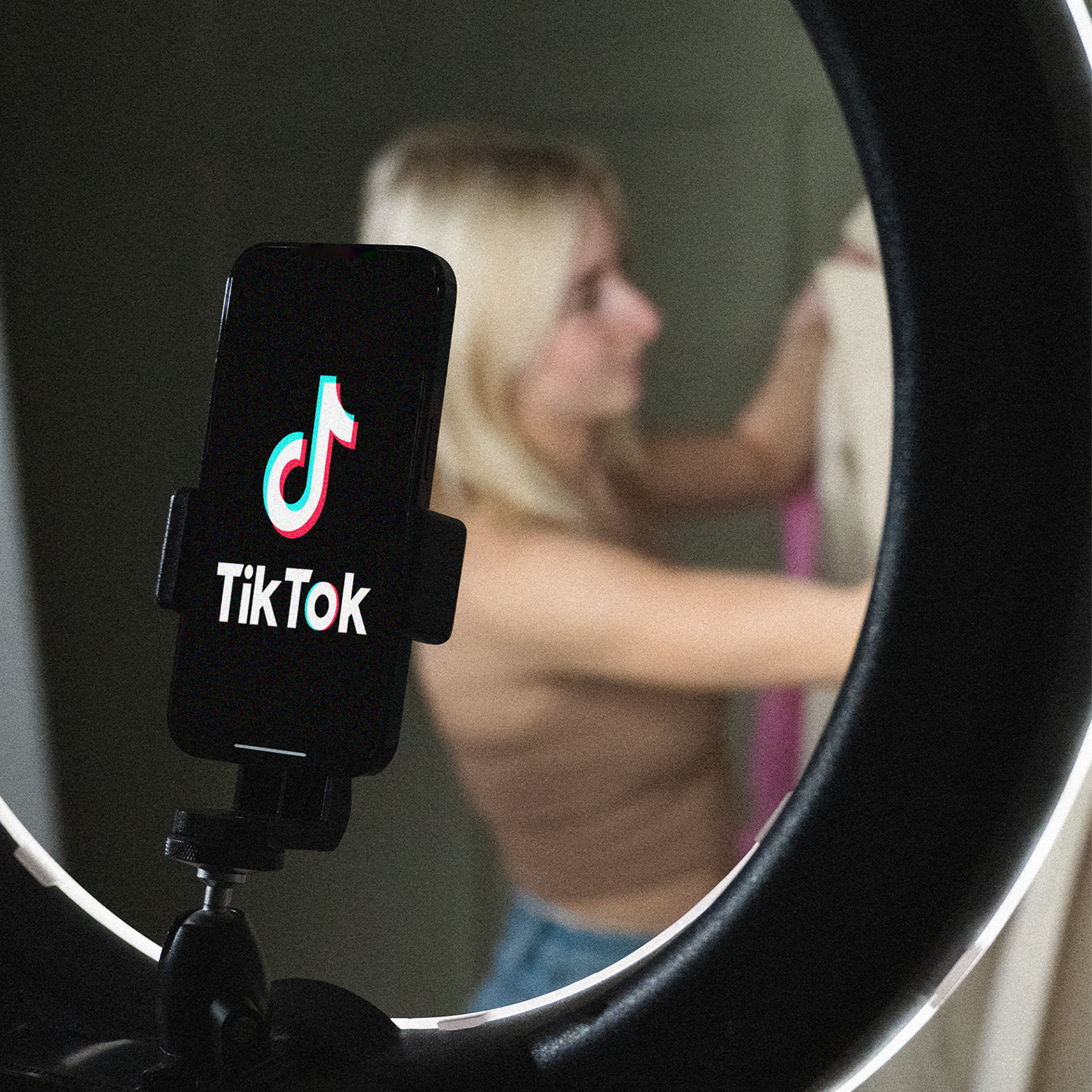Meet Dropit- a new retail delivery service that aims to enable a hands-free shopping experience. Available via an app the concept is fairly simple, it delivers the items that shoppers buy in-store straight to their homes or hotels after purchase. But is there a need for a service like this? Yes, shopping without carrying around bags and dealing with the strain of extra weight sounds good, but will people pay extra to have their shopping delivered to their homes?
How does Dropit work?
In a nutshell, it is your standard downloadable app linked to a POS device in participating stores. Buying a day pass for £10 allows you to drop off shopping bags that will be delivered in one go from participating stores. There are over 30 stores in London’s main shopping area that offer the service. When you use the service in any given store, you tell the person behind the counter that you want to use Dropit, prompting them to enter your details in the POS device in their store, book in a delivery time and finally scan a QR code and receipt. The items are then delivered in an aesthetically pleasing Dropit package along with receipts and day passes. You can track your items’ progress so you don’t miss being home to receive them. Dropit is not a company like UBER that employs people to deliver items, it partners with a separate courier company.
Who is it for?
Paying £10 on top of your regular items to have them delivered may seem excessive to some consumers. It is safe to say that this new app is largely aimed at luxury shoppers with cash to splash. It will be interesting to see if it is marketed in such a sense. On the other hand, it could be just as easily marketed as an ‘in case of emergency’ service. Say consumers had to drop everything and go straight from the shops to the hospital or a gig etc, a service like Dropit could be a useful tool indeed.
Dropit often cites hotels as places they can deliver items to. Perhaps this is a deliberate ploy to appeal to tourists, looking to dump their bags and get on with some sightseeing.
What’s the benefit of participating stores?
There could be a real benefit for participating stores, given that this is a huge opportunity for data capture. Here we have a situation where shoppers are handing over their details in-store instead of online. Stores can use this data to understand their customer’s buying habits and target and retarget buyers. Also, shoppers will spend more time in-store surely, if they can drop off their items at the counter and browse freely without having to carry heavy loads.
Will it take off?
It is an interesting well thought out a business model. However, where the demand is going to come from is anybody’s guess. Buying in bulk tends to be done online. It is rare that a person will wander around town with multiple shopping bags that are restricting them significantly. Even if we go back to pre-click and collect and pre-online shopping days, it was still rare that individuals saw being weighed down by heavy bags as a particular need that should be addressed. The app is not without merit though, it is slick and smooth in terms of packaging and delivery.
For those better off, the app could hold appeal. For tourists with limited time in their schedules for zipping around London, it could prove ideal. However, the app, in essence, offers a solution to a need not many of us consider pressing or significant.








